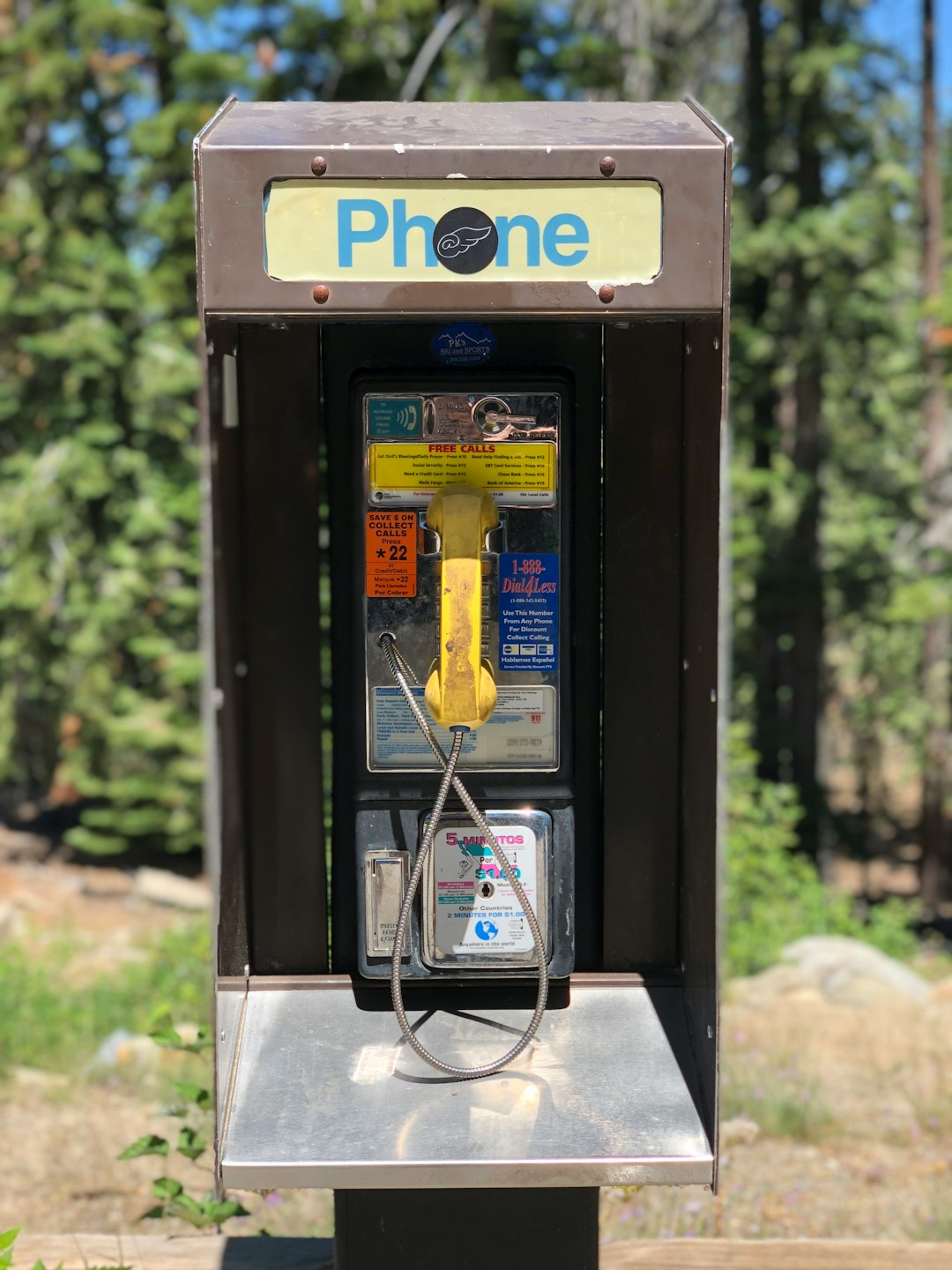Montana's stringent spam protection laws, emphasizing the Do Not Call law, grant residents the right to opt-out of marketing calls at any time and restrict text message timing and frequency. Recent updates introduce civil penalties for spam text violations, empowering citizens to seek damages through civil lawsuits. The Do Not Call list prohibits automated or prerecorded calls from law firms unless explicit consent is given. Businesses, including law firms, face fines up to $500 per violation for unsolicited texts without proper authorization or against recipient requests to stop. To comply, law firms should implement strict protocols, obtain explicit client consent, maintain detailed records, update contact lists regularly, and personalize communications.
Montana has updated its spam text laws, introducing significant changes with new civil penalties. This article delves into these regulations, focusing on the key shifts and their implications for businesses, particularly law firms operating in Montana. We explore who the Do Not Call law applies to, potential consequences for violations, and essential best practices for compliance, ensuring your firm navigates this landscape successfully.
Understanding Montana’s spam protection laws is crucial for maintaining client relationships and avoiding legal repercussions.
Understanding Montana's Spam Protection Laws

Montana has implemented strict spam protection laws to safeguard its residents from unwanted text messages and phone calls, often associated with telemarketing or advertising. These laws, primarily focused on preventing nuisance communications, offer a range of protections for individuals who may be disturbed by unsolicited contact. Understanding these regulations is crucial for businesses and law firms operating in Montana to ensure compliance and avoid potential penalties.
The Do Not Call law in Montana provides residents with the right to opt-out of receiving marketing calls at any time. This means that businesses must obtain explicit consent before initiating such communications, and failure to do so can result in civil penalties. Additionally, the state has restrictions on the timing and frequency of text messages, further emphasizing the need for respect towards individuals’ privacy and peace of mind.
Key Changes: Introduction of Civil Penalties

The recent updates to spam text laws in Montana bring about a significant shift in how violations are addressed. One of the key changes includes the introduction of civil penalties, offering a more comprehensive approach to deterring unwanted text messages. Previously, the focus was primarily on criminal charges, but these new regulations expand the legal framework by allowing individuals and businesses to seek relief through civil lawsuits.
This change empowers citizens of Montana to take action against persistent spam texts, potentially resulting in damages for each violation. By implementing civil penalties, the state aims to create a more effective system for holding perpetrators accountable while providing a means for recipients to assert their rights. This development is particularly relevant for those who have experienced excessive or unsolicited text messages, as it offers a new avenue for recourse beyond simply blocking the sender.
Who Does the Do Not Call Law Apply To?

The Do Not Call law in Montana is a powerful tool for citizens to protect their privacy and control unwanted communications, especially from persistent telemarketers and spam text messages. This law applies to a wide range of businesses and organizations involved in commercial telephone solicitations, including law firms operating in the state.
Under Montana’s regulations, law firms and other legal entities are strictly prohibited from making automated or prerecorded calls, as well as text messages, to consumers who have registered their phone numbers on the Do Not Call list. This means that if you’ve added your number to the state’s registry, law firms in Montana must refrain from contacting you unless you provide explicit consent. This measure aims to prevent nuisance calls and ensure residents’ peace of mind.
Consequences for Violations

Spam text laws in Montana have been updated with new civil penalties, making it crucial for businesses and individuals alike to understand the consequences of violations. If found guilty of sending unsolicited texts, companies could face substantial fines, with penalties reaching up to $500 per violation. These strict measures aim to protect Montana residents from intrusive and unwanted marketing messages.
Do Not Call law firms in Montana are already familiar with these regulations, but the new rules expand their reach. Violations may occur when text messages are sent without prior consent or against a recipient’s explicit request to stop. Such actions not only disrupt daily life but also invite legal repercussions. Therefore, businesses must ensure they obtain proper authorization before engaging in any SMS marketing campaigns to avoid these severe consequences.
Staying Compliant: Best Practices for Law Firms in Montana

To stay compliant with spam text laws in Montana, particularly regarding the Do Not Call regulations for law firms, it’s essential to adopt robust best practices. Law firms operating in Montana should implement strict protocols to ensure they do not violate these rules, which can result in significant civil penalties. One of the primary measures is to obtain explicit consent from clients or potential customers before sending any promotional or advertising texts. This involves clearly communicating privacy policies and providing opt-out options within the messages.
Additionally, law firms should maintain comprehensive records of client interactions and preferences. Regularly reviewing and updating contact lists to ensure they only include those who have given consent is vital. Avoiding automated or mass text messaging without proper justification and ensuring all communications are personalized and relevant can significantly reduce the risk of non-compliance.






